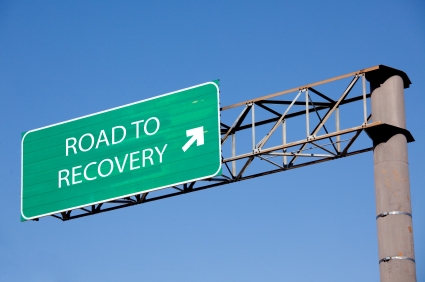Addiction-Treatment Goals
Addiction is a chronic disease. (For more, click on Definition of Addiction, and How Tolerance Develops). Treatment doesn’t cure addiction. Rather, addiction-treatment goals are to teach addicts how to manage their disease and bring it into remission by providing the practical tools necessary to stay sober one day at a time. That’s the primary goal of treatment.
Treatment lasts a short time compared to how long most addicts used drugs or alcohol. Sobriety requires a wholesale shift in attitude, from viewing drugs as the solution to seeing them as the biggest problem. Refraining from drug use also requires substantial changes in behaviors that have become normal for addicts. For most people, the mental and behavioral changes necessary to maintain sobriety don’t come easily. They need to learn and practice the tools of sobriety, including strategies for preventing relapse.
But treatment is only a beginnning. That’s why most rehab facilities offer post-discharge Aftercare. It’s also why the vast majority of treatment centers introduce patients to 12-Step programs and strongly suggest that patients immerse themselves in those programs as soon as they get out o f treatment.
f treatment.
In approaching treatment, it helps to have realistic expectations of the chances for relapse, how well treatment works and how long it takes to achieve stable sobriety.
Following are articles on addiction-treatment goals.

 f treatment.
f treatment.